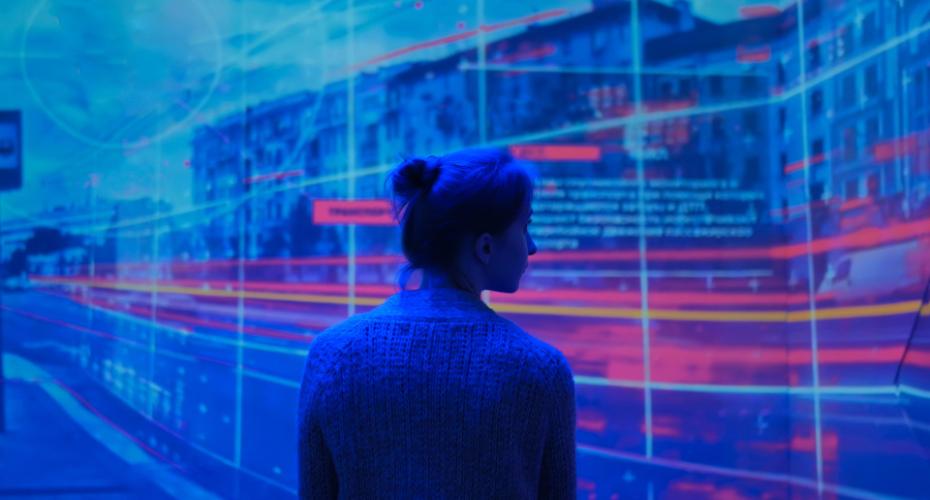Joyce Mahon is a qualified, experienced teacher and a PhD student at ml-labs, the SFI Centre for Research in machine learning at University College Dublin. Mahon leads a team that created a free (opens in a new window)machine learning and AI module for secondary school students which, in its first eighteen months, has already signed up 8,000 children in 120 schools across Ireland.

Back when she was studying for her Master’s in Data Science in 2019, Joyce Mahon’s thesis looked at the readiness of artificial intelligence to correct exam papers.
As a qualified teacher with experience across post-primary, further education and, now, higher education, she was understandably curious about whether machines or humans should grade students.
That question is perhaps more relevant than ever with Education Minister Norma Foley having pledged to establish a “root-and-branch” review into the marking of State exams following the long delays in issuing the 2022 Leaving and Junior Cert results. The number of examiners available to mark Junior Cycle examinations in 2022 was down 30% on the previous year.
But AI, it seems, is not ready to shoulder the responsibility yet.
“My thesis was on natural language processing and question-answering and looking at exam marking. At that time, I concluded that we weren't really ready for it yet and I still would be of that opinion. AI is used to some extent in exam marking,” she adds, giving the example of some accountancy tests with perhaps more clear right and wrong answers. “But there are so many nuances in how students provide answers in different subjects that I think there will still be humans involved in the marking; I'm not so sure that we're there yet with AI. And also we need to consider how the particular AI model has been trained and what data has been used to train it. There could be bias. So we have to be very, very careful before we move into these areas where we're handing over these decisions to AI.”
The need to educate young people about the increasing impact of algorithms on their lives is part of the reason why Mahon, in collaboration with (opens in a new window)CSinc at Technical University Dublin, created a secondary school module in AI and machine learning in 2021. In its first eighteen months there has been a “very large uptake” of the programme, with 8,000 students and 120 schools already signed up.
“The module is broken down into eight sections and students have a choice about what they can learn about. For example, linear regression, logistic regression, decision trees, Python code. Then it will move into areas like the ethics of machine learning, looking at algorithmic bias.”
The module aims to prepare students for both future jobs and for life in an increasingly data-driven world.

“They might be interested in IT-related careers. For example, they might like to move into data science or even software engineering. But also if you look at careers like the legal profession or accountancy, they are all being affected by machine learning and AI."